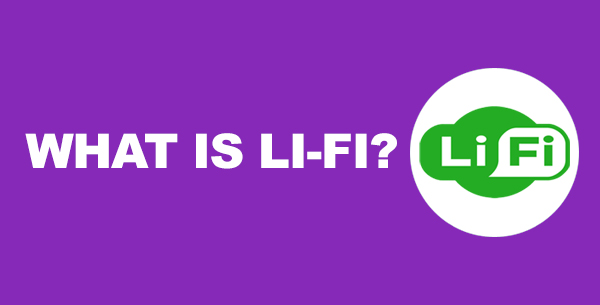BLT Direct Sheds Light on Latest ‘Li-Fi’ Tech Trend
Lighting retailer BLT Direct is shedding light on what is being tipped to be 2016's biggest digital trend. Short for ‘light fidelity,' Li-Fi is a bidirectional, high speed and fully networked system capable of reaching speeds of up to...

Lighting retailer BLT Direct is shedding light on what is being tipped to be 2016’s biggest digital trend. Short for ‘light fidelity,' Li-Fi is a bidirectional, high speed and fully networked system capable of reaching speeds of up to 224 gigabits per second. When the technology hits the commercial market, BLT Direct will be one of the first retailers to stock Li-Fi enabled bulbs.

The technology was developed by Prof. Harald Haas, Chair of Mobile Communications at The University of Edinburgh. Together with a university offshoot company called pureLiFi Ltd, the institution's Li-FI R&D Centre has transformed the concept of light-powered internet connectivity into a fully functional Li-Fi router. Already, tech specialists are predicting that the technology will change the face of both domestic and commercial internet connections.
Essentially, Li-Fi replaces radio waves with light from LED bulbs. The system actively flickers light from bulbs in order to transfer data, just as a Wi-Fi adapter would. According to Haas and his team of scientists, it's faster, more reliable and more secure than its radio waves based counterpart. While the latest Wi-Fi standard of 801.11ac has a maximum transmission speed of 867 Megabits per second, Li-Fi is capable of hitting a huge 3.5Gbit/s per colour. This is over 10 times faster than Wi-Fi.
The high speed flicker would be invisible to the naked eye. This means home and business owners will be able to illuminate spaces while simultaneously firing out connections to smartphones, laptops and other electronic devices. Plus, with Li-Fi prototypes relying on solar power to create light and connectivity, the new system is on-track to become an eco-friendly option for both homes and businesses.
The wider opportunity is to transform global communications by speeding up the process of bringing Internet and other data communication functionality to remote and poorer regions in a way not previously thought achievable due to lack of infrastructure and investment,” said Tom Higgison, Edinburgh Research & Innovation's IP Project Manager.
